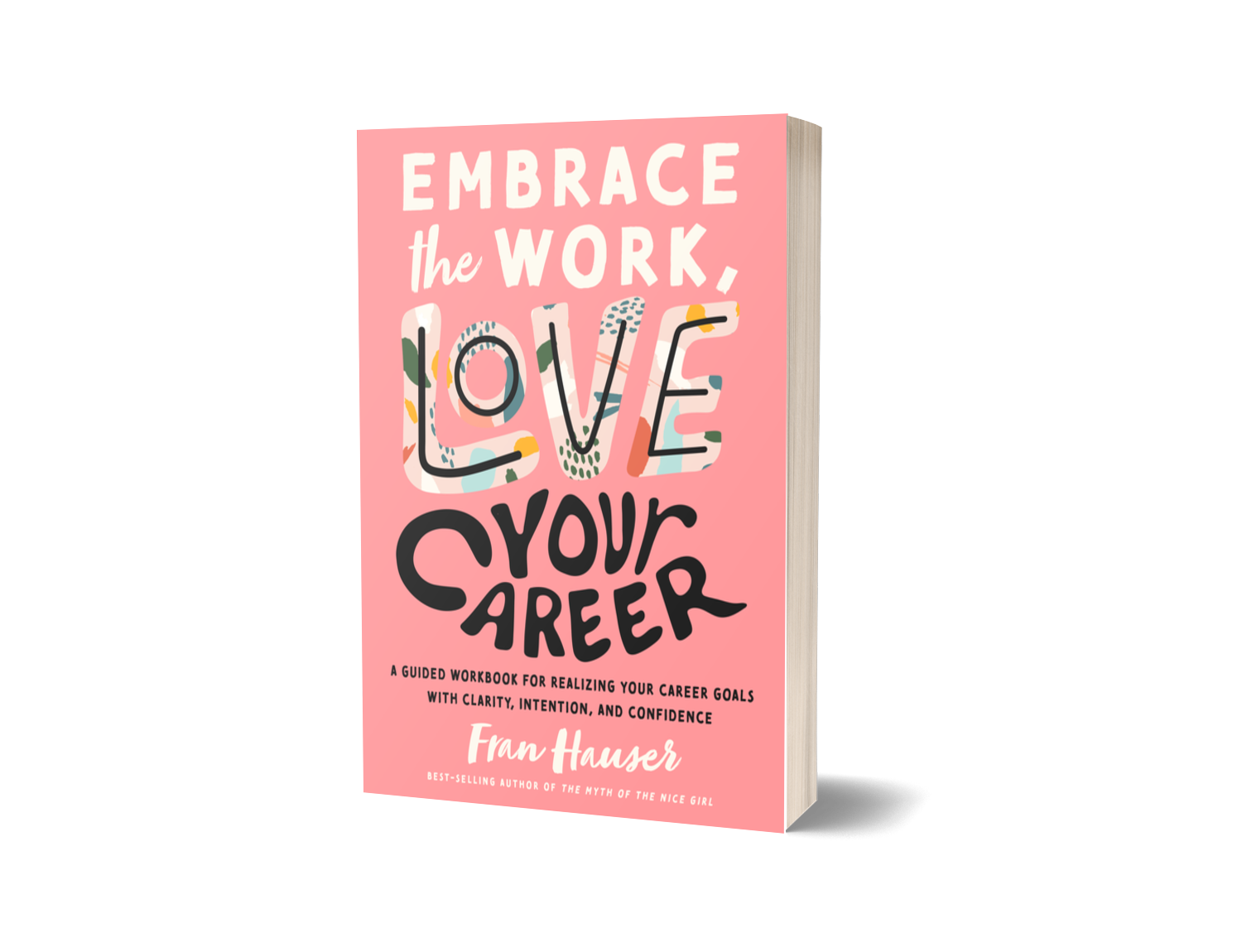Raise your hand if you’re interested in investing but don’t know where to begin. Investing encompasses a whole world of business that many are scared to get into or confused about getting into. At the end of the day, sharing your finances with a company and helping them grow can be rather rewarding.
Bestselling author and business advisor, Fran Hauser, added “startup investing” to her portfolio, rapidly turning this role into a prominent aspect of her career. Her growth as an investor is evident through all her expertise, which we’ve asked her to share for those who just need a little push to support female entrepreneurs in launching their dreams into businesses.
I would love to hear about your journey into investing. How did you know you wanted to become an investor? What motivated you to start?
I had been at Time Inc. for 8 years when I started getting an itch to do something different. I realized that the thing I loved most about my role as President of Digital was partnering with startup founders. Through these partnerships, I got to know the founders and I became a sounding board for them.
My aha moment came during a coffee with Soraya Darabi who was the co-founder of Foodspotting, and later went on to launch her own VC fund.
Soraya told me that she had many female friends in NYC who wanted to launch businesses, but when they looked up they didn’t see any female investors or advisors to support them.
Soraya encouraged me to go for it. And I did. I started investing and advising as a side hustle at Time. I did that for two years and then went out on my own. I’ve invested in over 30 female-founded companies and I truly love what I do.
I’m curious about your transition from a corporate background. How does your background in media and the corporate world help you as an investor today?
My background has been helpful because I’ve run businesses and launched new products.
I’ve made many mistakes that I’ve learned from over the years, especially when it comes to new technology-based products. It’s so easy to keep adding features and one of the things that I always encourage founders to do is to simplify and focus on the one hero feature.
I also have a strong foundation in financial models—building projections and forecasts—as well as building teams. I’ve scaled teams from 1 employee to more than 100. So I can help founders think through how you do that without disrupting a culture that works.
How would you suggest someone ease into the world of investing?
What’s great about startup investing is that it keeps getting more accessible. There are platforms like Republic and AngelList where you can invest directly, and at lower check sizes.
Like any transition into a new industry, it’s also about building a network. The majority of the investments I’ve made have come in through my network, so building relationships with investors and founders is critical to getting the right deal flow.
I would also say that if you’re starting to build your network from scratch, don’t be intimidated. Just start by meeting one person and then ask that person to connect you with someone else, and so on, and so on!

There are also great courses and programs where you can learn more about angel investing. I cannot recommend this course on Class Rebel enough and 37Angels offers a top-notch program where you will also get to meet other investors.
You’ve invested in a plethora of startups, so I am curious how you decide your next endeavor. What qualities do you look for from startups when choosing to invest in them?
I look for founders that process feedback well and are adaptable.
Their origin story is also really important—why do they want to put this product out into the world and what experience or access do they bring to the table?
I pay close attention to how I feel after leaving my first meeting with a founder. Do I find myself wanting to spend more time with them?
When you make an investment in a startup, it can take 7 to 10 years for that startup to have a successful exit. You’re investing in a long-term relationship!
Keeping tabs on investments can definitely be tedious and overwhelming. How do you keep track of your investments and their progress?
On a tactical level, I track them all in a Google Sheet. I have two tabs: Active and Dissolved. Most companies are really good about sending out monthly or quarterly updates and some even provide updates over virtual or in-person gatherings.
I find that at any given point in time there are three to five companies that need a higher level of support from me. They may be in fundraising mode and are looking for my help with strategy and introductions to other investors; they may be doing a big product revamp; or they may be struggling and trying to figure out a way forward.
If I haven’t heard from a company in over a year, I will reach out.
Your passion for investing is evident through all the knowledge you’ve shared. If you could describe your career in investing in three words, what would they be?
Rewarding, energizing, and fun!
